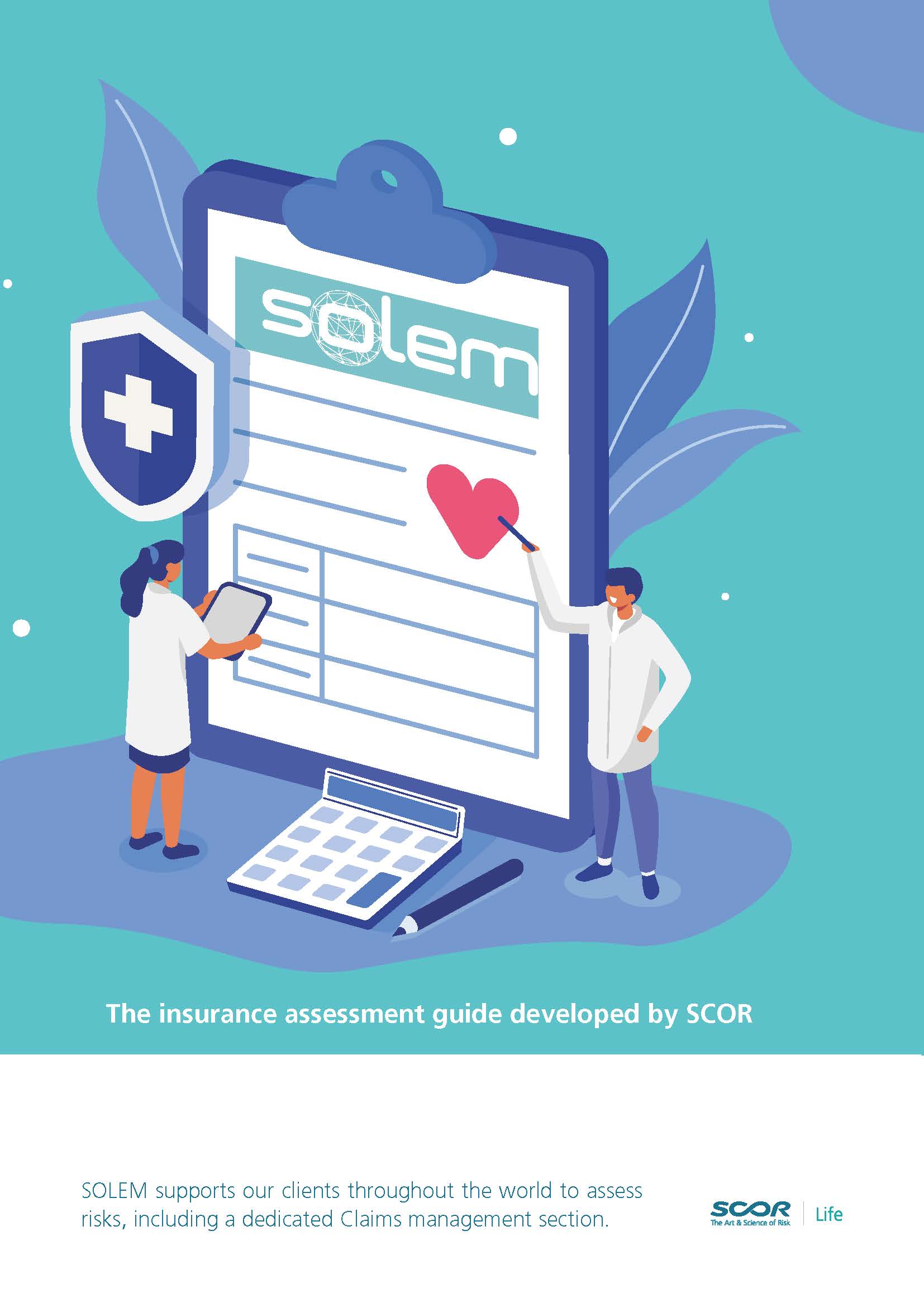- FR
- EN

The improvement in cancer survival rates has led to a growing life insurance need for cancer survivors worldwide. To mark World Cancer Day, Manuel Plisson, SCOR Global Life Head of Inclusive Underwriting & Medical Expertise, discusses an inclusive rating approach that could help address this protection gap.
As the insurance industry rapidly evolves to keep pace with medical, scientific and technological progress, new insurance options are now possible for cancer survivors. Until a few years ago, a history of cancer was often an obstacle for patients to obtain life insurance. Insurers were having difficulties assessing the risks associated with such a complex disease and its considerable risk of relapse. Cancer is a multifactorial, heterogenous condition with a complex evolutionary process, and until recently, survival rates were relatively low depending on the type of cancer.
As a precaution, insurers often applied a principle of prudence and denied cancer survivors’ applications in order to maintain their solvency. Excluding these people from life insurance, however, meant that many could not get access to bank loans, therefore making property ownership impossible in some countries. This led to a feeling of a double penalty, hindering many of them from coming back to a normal life. Beyond successful treatment, social and professional reintegration is important to restore a sense of normalcy after surviving cancer, which is key to a patient’s remission.
What is inclusive underwriting?
Medical research on cancer has led to significantly improved survival rates for many common cancers, particularly breast and colon cancer. Survivors are becoming more and more insurable, prompting an increased need for adapted insurance options. This is why SCOR developed the notion of inclusive underwriting with the goal to push the frontier of insurability by assessing individual risk in the most accurate way possible.
In the same way as a doctor assesses the specific case of a patient and determines which treatment is the most adapted through individualized treatment, inclusive underwriting evaluates individual risk to provide evidence-based ratings to offer applicants the most adapted insurance option. To do so, it is necessary to have a sound knowledge of the disease by calling on experts, studying the latest research and analysing large databases. Leading a medical and scientific watch, as well as spreading knowledge to the entire insurance community is also part of SCOR’s goals.
More accurate calculation of cancer risk
To help implement an inclusive approach for underwriting life insurance, a “cancer calculator” has been developed by SCOR medical experts, underwriters and actuaries. Since 2017, SCOR’s risk rating tool SOLEM includes a risk calculator for breast, colon cancer and Hodgkin’s disease. It is made for insurers to more easily and accurately estimate the present time risk and insure as many lives as possible on the best terms.
SCOR elaborated its calculator based on information from the National Cancer Institute SEER database and Machine Learning techniques through the development of predictive algorithms. This tool should allow insurers to offer a personalized rating and, in the case of breast cancer, to accept cancer survivors without an additional premium in cases where, after a 5-year remission, they are no longer presenting signs of risk, including in EU countries where the “right to be forgotten” law does not exist. This is particularly relevant since the number of breast cancer survivors will tend to increase in the future due to major improvements in survival rates, reaching 85% today.

Click here to read our SOLEM brochure
About the author
Manuel Plisson joined SCOR Global Life in June 2018. He is currently the Head of Inclusive Underwriting and Medical Expertise. He is a graduate of EDHEC Business School, holds a doctorate in economics from Paris-Dauphine University, and is a Fellow of the French Institute of Actuaries. In 2010 he was awarded the SCOR Actuarial Award for the best thesis on “Insurability and development of Long-Term Care insurance”. He regularly publishes professional and academic articles on insurance and is a lecturer at ENSAE, Paris-Dauphine and NEOMA Business School. Manuel has a strong experience in the insurance industry (PwC, Predica, Aviva) and has been working as Chief Economist and Actuary at the Fondation-Médéric-Alzheimer.